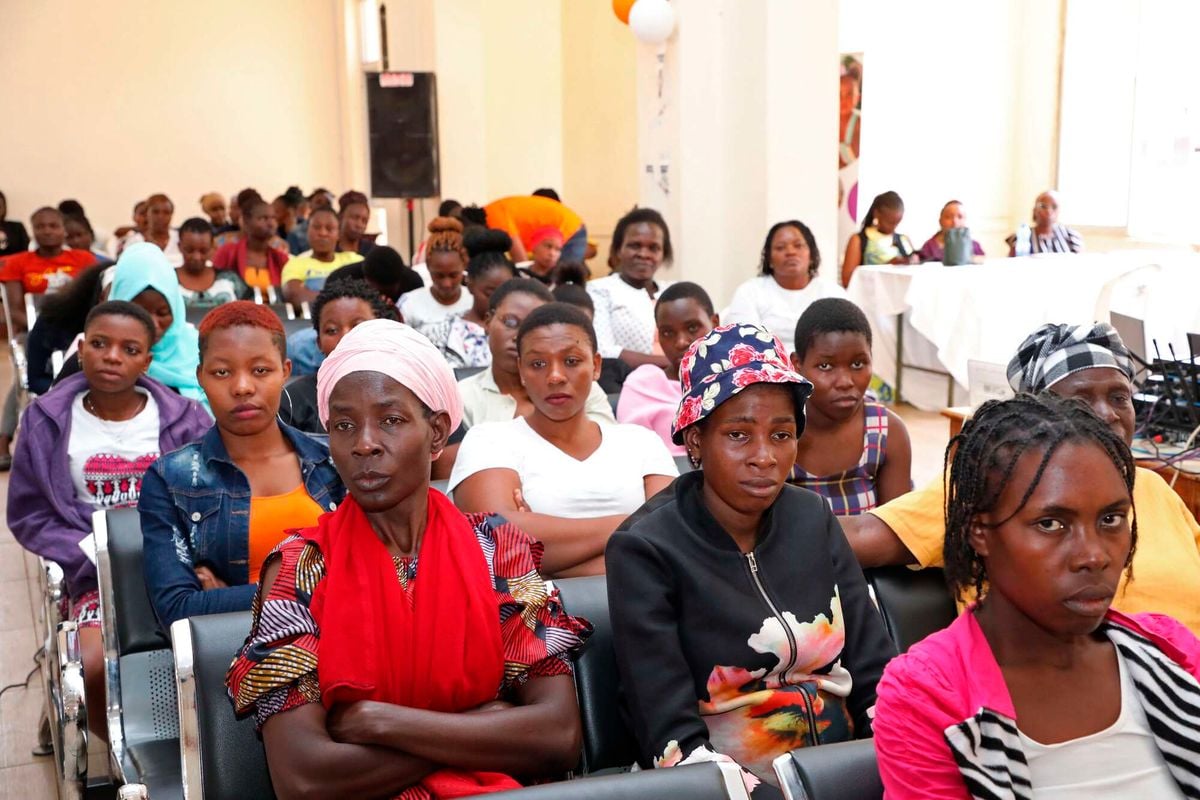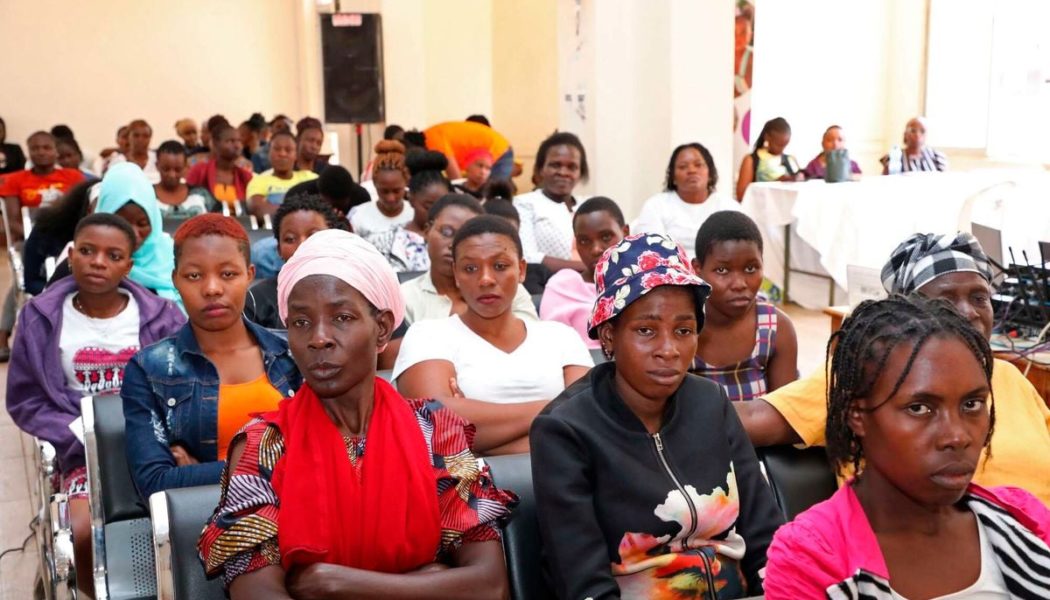
Newly recruited domestic workers, including Kenyans, in Saudi Arabia will from July get salaries through registered banks and digital channels in reforms aimed at ensuring employees are paid on time and as per terms in their employment contracts.
This follows an announcement by Saudi Arabia’s Ministry of Human Resources and Social Development that all employers recruiting new domestic labourers to pay them through Wage Protection Service (WPS).
The WPS is an electronic salary transfer system which will allow authorities in Saudi Arabia to monitor payments and ensure employers follow labour laws and regulations.
“The launch of the ‘Wage Protection Service’ is an important milestone in our ongoing mission to make Saudi Arabia’s labour market safer, fairer, and more inclusive for all workers,” a statement quoting representatives from the Human Resources ministry read.
The electronic salary transfer system is already applicable to all employers in the United Arab Emirates (UAE).
Most of the workers in Saudi Arabia are recruited and connected to employers by agencies under the kafala system which is also used in Qatar, the UAE, Bahrain, Oman, Kuwait and Lebanon.
It ties the legal status of foreign workers in those sectors to their employers, barring them from changing jobs or leaving the country without the approval of their bosses. Callous employers take advantage of it to abuse works.
Widespread reports of mistreatment and disregard of labour laws prompted Kenyan lawmakers to approve a Sh374 million in the financial year 2022/23 to build a safe house in Saudi Arabia’s capital, Riyadh, to give refuge to Kenyan workers facing abuse.
The budget was initially Sh304 million before being increased by Sh70 million after the Labour Ministry pleaded its case before the Finance and National Planning Committee of the National Assembly in June.
The plan to put up a safe haven for migrant workers in the Gulf region has been on the cards since 2015 when the National Assembly Committee on Labour and Social Welfare at the time asked the Treasury to “provide a special fund to the missions in the Middle East… to deal with the numerous migrant labour challenges, including setting up a safe house”.









